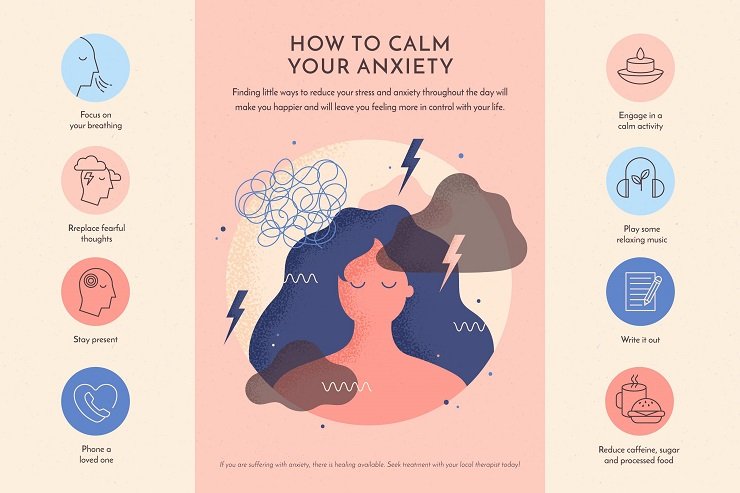Generalized anxiety disorder (GAD) is a mental disorder characterized by excessive anxiety and fear over everyday events and activities. Although everyone has things they worry about, if you have GAD your worries are extreme. GAD can become so overpowering that you may feel unable to function in your daily life. Often generalized anxiety disorder exists with another disorder which only magnifies the stress and anxiety. You may believe that your life is completely out of control and may not know how to get your life back on track. Aarambh Sewa Sansthan can help you to explore the underlying issues of your anxiety and manage challenges you may face. At our treatment center, we’re ready to help you recover from generalized anxiety disorder and go on to live a happy, normal life.
Helping a loved one
One of the most challenging parts of seeing a friend or loved one suffer is the feelings of helplessness. Many people wonder how they’re supposed to approach the topic, if they’re supposed to say anything, and how best to help their loved one seek the inpatient care they need to recovery from GAD and anxiety. When you’re loved one is struggling and needs to seek the help of an inpatient treatment center, you should absolutely say something.
Remind your loved one that they are loved – no matter what. Do not make any judgments about their feelings; feelings aren’t always rational. Assure them that they are not flawed or broken, that they just need a little help to get through this tough time. Provide loving support while gently guiding them into treatment.
Make appointments for your loved ones with their psychiatrist or general practitioner in order to help reduce some of their anxiety. Sometimes, even trying to seek help can make the feelings of anxiety worse. Offer to go with them to their appointment and take notes so that they are able to best focus upon talking to the doctor.
Don’t push your loved one too hard to open up if he or she is not ready to engage – this can only heighten levels of anxiety and make them feel worse about themselves. Offer to help in any way you’re able to do so. If you do offer, be sure that you’re able to follow through on your promises.
Be their advocate. Take the time and do the research about behavioral health centers that are known to specialize in the treatment of GAD. Use the information to lovingly suggest that they might benefit from some time away from the stresses of everyday life to focus upon recovery.
Why consider Aarambh Sewa Sansthan
Why Consider Inpatient Treatment at Aarambh Sewa Sansthan
Generalized anxiety is a very serious, very real problem that can affect all aspects of your life. People with GAD may have problems at work, school, or have difficulty with their interpersonal relationships. You may be in a constant state of worry, find it difficult to concentrate, or lack energy. Unable to predict when your anxiety will strike, you may decide to stay in for “the day” in order to avoid an anxiety attack. Staying in for “the day” and forgoing the things you once loved may turn into long-term social isolation cutting you off from loved ones. Some people may self-medicate with alcohol or other drugs leading to additional problems.
Facing your fears and alleviating your anxiety are central to generalized anxiety disorder treatment. Coping with stresses and additional problems call for special resources. Research has demonstrated that one of the most effective ways of treating anxiety is through a variety of scientifically-validated, empirically-supported therapies and medication management. Inpatient care allows you to escape the stresses of everyday life and focus upon the one thing that truly matters – recovery.

